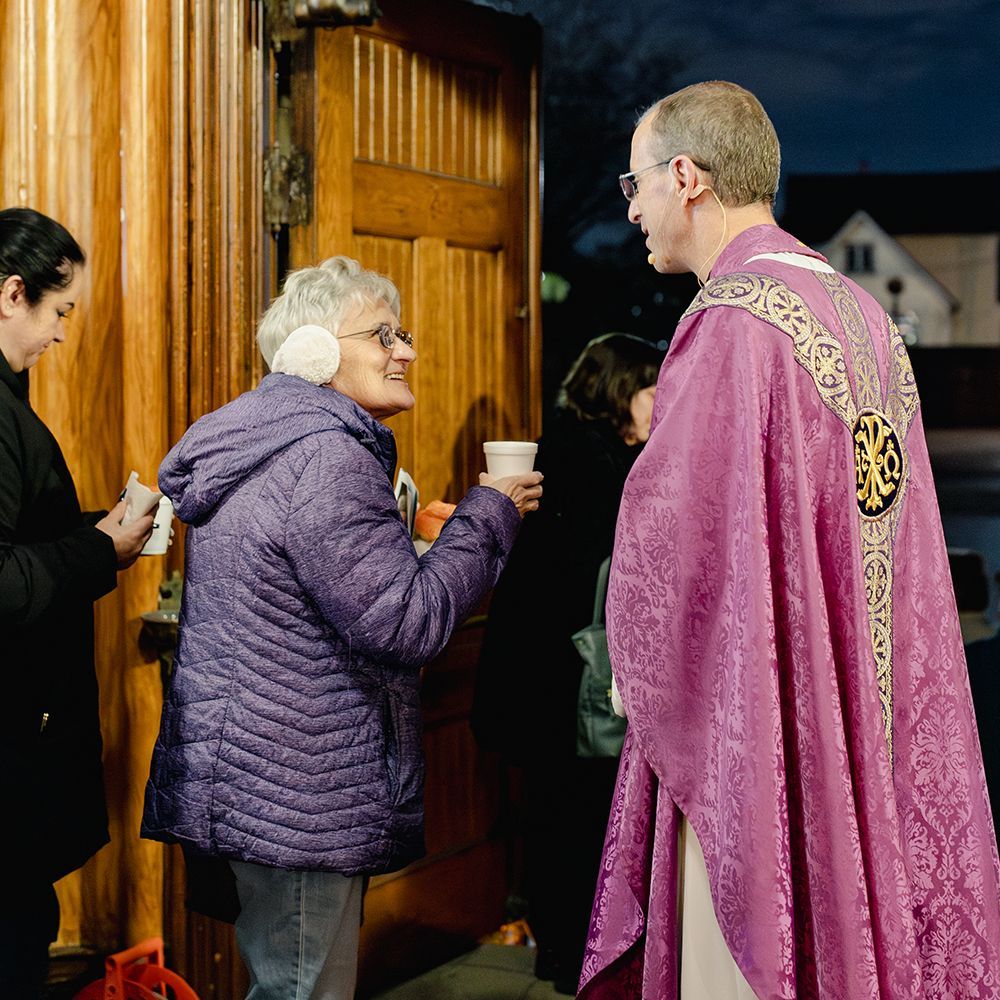The Divine Confidante

My husband pretty much knows that if he tells me something — anything — he’s also telling my sister.
Most of us have that person that we run to when we have important information. I’m not even talking about gossip; I’m talking about stuff we just have to discuss. We joke that I don’t really know how I feel about something until I’ve run it by my sister first.
There’s not really anything wrong with that. When we’re trying to figure out how to think about something that has happened or how to react to a certain situation, it’s always helpful to get the opinion of someone we trust.
But what if we ran as quickly to discuss the situation with God as we did to discuss it with our “person?” Wouldn’t that be ideal?
After witnessing the transfiguration — an event that had to have been as confusing as it was astounding — we hear that the disciples “fell silent and did not at that time tell anyone what they had seen.”
When something profound, frightening, or confusing happens, our first confidante should be God. I’m reminded of Luke 2:19: “Mary kept all these things, pondering them in her heart.” There is something to be said for taking a moment to keep that information sacred between ourselves and the One who can really help us confront it.
Sure, maybe we don’t understand what just happened. Maybe we’re scared by it. We don’t really know how we feel about it. And that’s totally okay. The divine confidante knows how to help us pray through that confusion, that fear.
If you’re someone’s “person” and they come to you wanting to talk, that’s great. Talk it out. But remind them — and remind yourself — to pray about it as much as you talk about it.
Let the love of those things carry you through this Lent, and beyond.
©LPi




